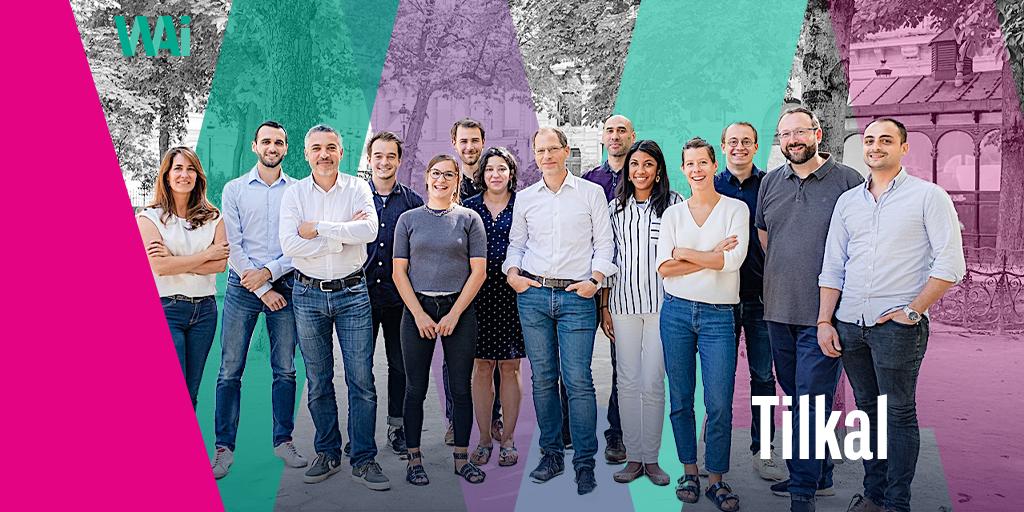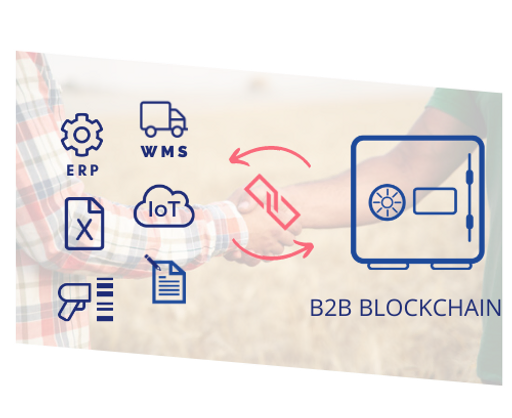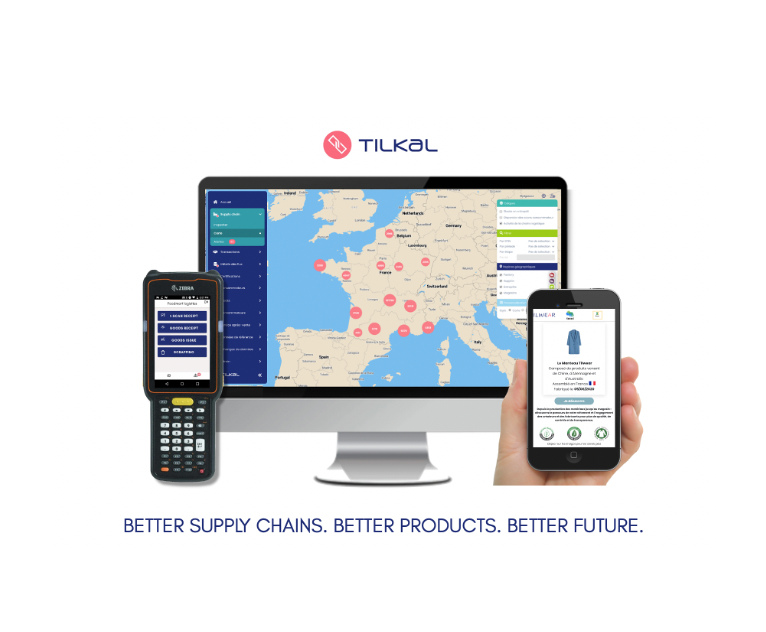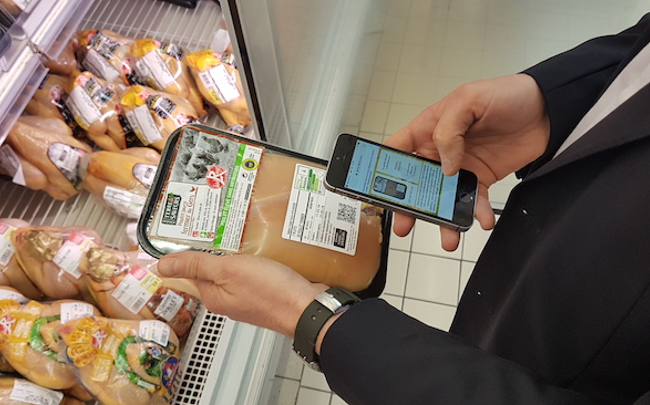tilkal
the story

Introducing you to blockchain stars, Tilkal. The Tilkal team is on a mission to bring awareness and knowledge, transparency and traceability to both companies and the consumer with the help of blockchain and big data.
Transparency. Traceability. These are two words that we see bandied about by advertisers a lot in recent times. But do they hold real meaning or are they simply empty marketing promises used to ensure automatic consumer trust ?
How many of us have been lured, for example, by green packaging and the promise of “organic” or “local” produce, only to realise, once reading the label, that the product is not so “green” as suggested or that even basic information on the product’s origin is as imprecise as “origin UE” or “non UE”?
It probably happens more often than we like to remember. Indeed, a study carried out a couple of years back by France’s government agency for consumer rights, the DGCCRF, found that around 30% of all consumer brand organic labels to be fraudulent.
This is both damaging for consumer confidence and the brands themselves.
Surveys show that consumers are increasingly suspicious of this lack of corporate transparency and questioning whether consumer products companies are being deliberately misleading. Traceability is at the very heart of transparency issues. And whereas it’s undeniable that certain companies are undoubtedly placing easy profit over people, for most companies it’s not always easy to know where every component of their production comes from, or the conditions in which they are sourced. In an age where supply chains are increasingly complex and many products are assembled in different countries around the world a full end-to-end traceability is a real challenge. And this is where Tilkal comes in.
Introducing Tilkal
Tilkal’s mission is to help consumer products companies who genuinely want to live up to their brand promises to have greater visibility and control over their supply chains.
Tilkal CEO, Matthieu Hug, tells us:
“From cosmetics to textiles or food, most consumer goods companies want to have a 360° view over their supply chains. It’s crucial for example to control the origin of sourcing of sensitive raw materials and their social or environmental impact. If you consider cotton, cocoa, nuts or mica for instance, every brand will tell you that their raw materials are responsibly sourced. They obviously wish it to be so but if you look at field studies from NGOs, UNICEF, WEF or even Interpol, it’s obviously not always the case. For those consumer product companies who really make the effort to control their end-to-end supply chains, there is an opportunity to strongly differentiate their products.”
It sounds like these companies could use a little help from the Tilkal team. 🙂



Meet Tilkal
Matthieu Hug launched Tilkal back in 2017 with the help of long-time friends Joseph Azar and Sebastien Gaïde, in order to bring true transparency and traceability to industrials and consumers.
They did so by creating a platform that, using blockchain technology and big data, enables companies such as Casino, Danone or more recently, online cosmetics company, Joone, to trace their entire supply chains in real time.
Tilkal’s technology provides its customers with an end-to-end traceability network allowing them to trace their products from production (component sourcing, assemblage, packaging) to distribution in real time. This not only gives them greater control over their supply and production processes but also enables them to deal more easily and efficiently with any blips. Tilkal’s technology, for example, makes critical processes such as product recalls easier and more reliable. Thanks to the mobile scanning apps that Tilkal also supplies, its consumers can make informed choices with confidence and awareness.
Why Tilkal?
Breega chose to invest in Tilkal in 2019.
Investing in blockchain technology providing much-needed information in a context of growing awareness and diminishing consumer confidence obviously made sense but it was Tilkal’s particular way of doing so that convinced Breega to back the blockchain startup. According to Breega Co-Founding Partner, Maximilien Bacot, Tilkal’s particular blockchain solution is unique:
“Traceability and transparency are issues we’re very familiar with at Breega. The solution developed by Tilkal with its node technology is unique because it means all actors, at every stage of the supply chain, can access and are accountable for the data provided. Meaning there is no one player who can gather and control the data of any entire sector”.
Why Breega?
So what made Tilkal choose Breega to be their first investor? According to Matthieu, who has known Max from pre Tilkal days, it was first and foremost a question of aligned values and secondly of the type of accompaniment Breega provides:
“Breega fully understands what we are trying to achieve and is actively committed to helping us get there”.
Matthieu goes on to say:
“Max is a fully committed board member. He is always on hand to discuss problems and help provide solutions. Breega’s operations team has also helped us to build up our staff and source new business contracts. Working with Breega means working together as a team”.
So what’s next for Tilkal in its quest to bring transparency and traceability to all consumer brands? According to Matthieu:
“There are American and Chinese traceability blockchain companies, however, there is not one real emerging European actor. For European industrials, this raises important questions over both control and confidentiality of industrial data. This is a space we’re looking to fill”.
In order to do so, Tilkal is planning to further expand in Europe.
“We’ll be looking in the coming year to strengthen our tech and team and position ourselves as THE European go-to blockchain experts for consumer products”.
We don’t know about you, but at Breega, we’re looking forward to seeing and helping Tilkal bring more true transparency and traceability to the world of consumer products.
After all, in an age when data and health awareness are key, it’s time already that green packaging and labels such as “organic”, “local” and “responsibly sourced” actually do reflect the reality of the product.
Simply put, Tilkal’s tagline sums it up nicely:
“Better supply chains. Better products. Better future”. And who can argue with that?